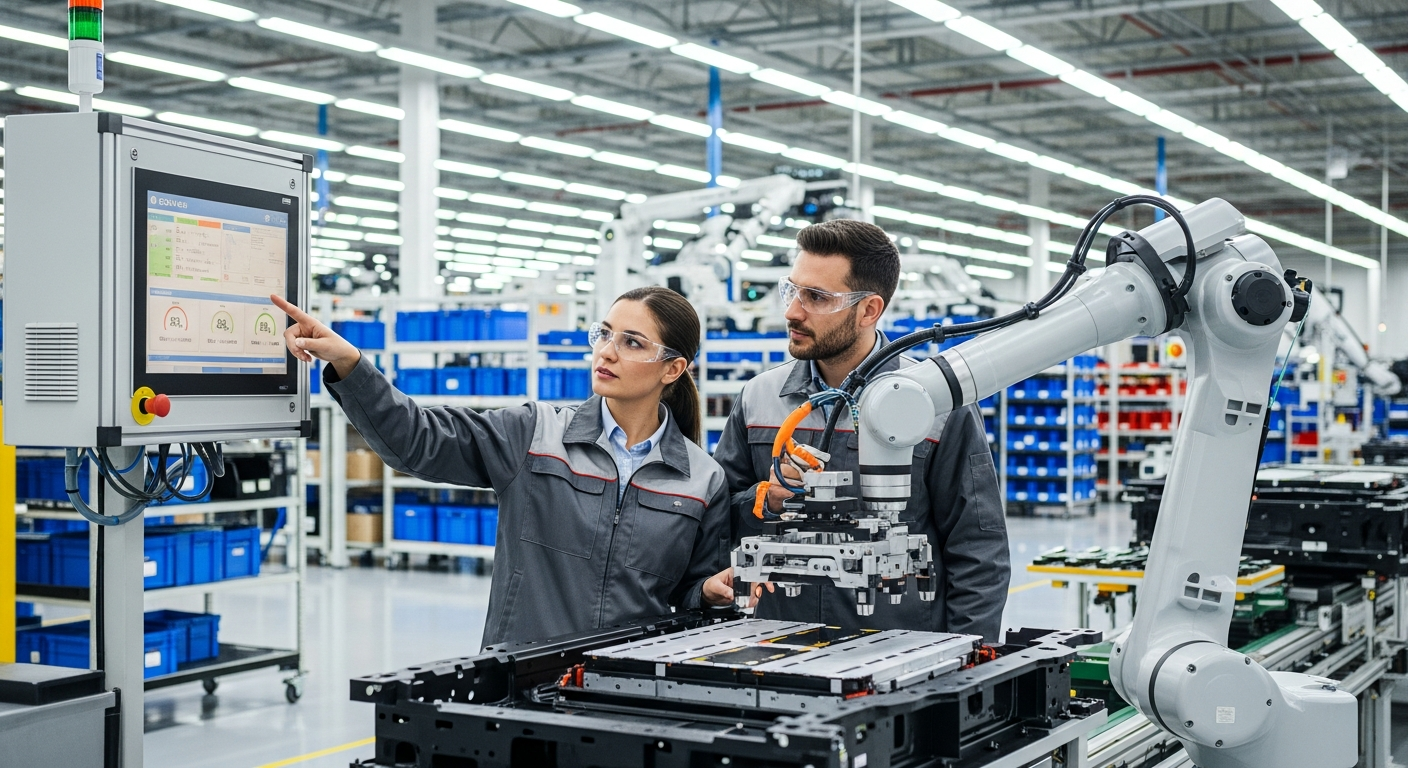Pioneering the Lean Career: A Modern Approach to Thriving in the Job Market
In today's rapidly changing job market, it is essential to stay adaptable and agile. Enter the lean career—a modern approach to professional development that encourages continual learning, flexibility, and growth. This article dives deep into this emerging trend, provides background information, and explores its potential impact on individuals and industries.
The Genesis of the Lean Career
The lean career concept is derived from the principles of lean manufacturing, a production practice that emphasizes waste reduction, efficiency, and continual improvement. In the context of a career, this approach suggests a shift away from traditional, linear career paths towards more fluid, dynamic, and adaptable career trajectories.
Current Job Market Trends and The Lean Career
The job market is increasingly unpredictable, with automation, digitization, and changing business models disrupting traditional industries. In this environment, the lean career approach, characterized by adaptability and constant learning, seems more relevant than ever. It aligns with the trend towards more project-based employment, where professionals need to continuously update their skills to stay relevant.
Embracing the Lean Career: Benefits and Challenges
Lean career offers several benefits, including greater adaptability to market changes, continuous learning opportunities, and a more diversified skill set. However, it also presents challenges: it requires a proactive mindset, an appetite for lifelong learning, and the ability to cope with uncertainty.
Lean Career in Real-World Scenarios
Many professionals are already embodying lean career principles. They invest in ongoing education, pivot between industries, and take on diverse roles to broaden their skill set. They view every job as an opportunity to learn, grow, and better position themselves for the future.
The Future of Lean Careers
The lean career approach aligns well with the evolving job market. As industries continue to change and new roles emerge, professionals who adopt this strategy could be better equipped to navigate these shifts. By embracing continual learning, adaptability, and personal growth, they can position themselves for long-term career success, no matter what the future holds.
This is a fresh perspective on career development, encouraging individuals to remain agile, adaptable, and always open to learning—a mindset that could be the key to thriving in the modern job market.







